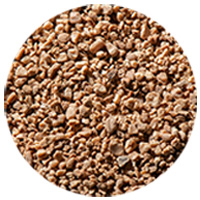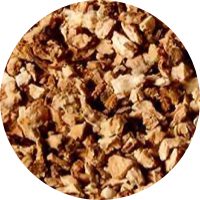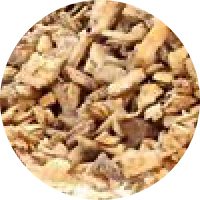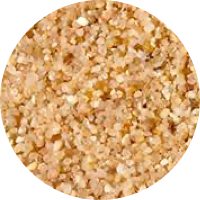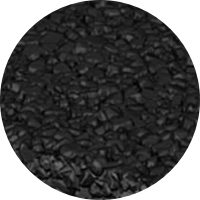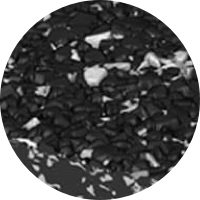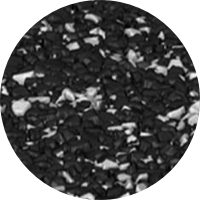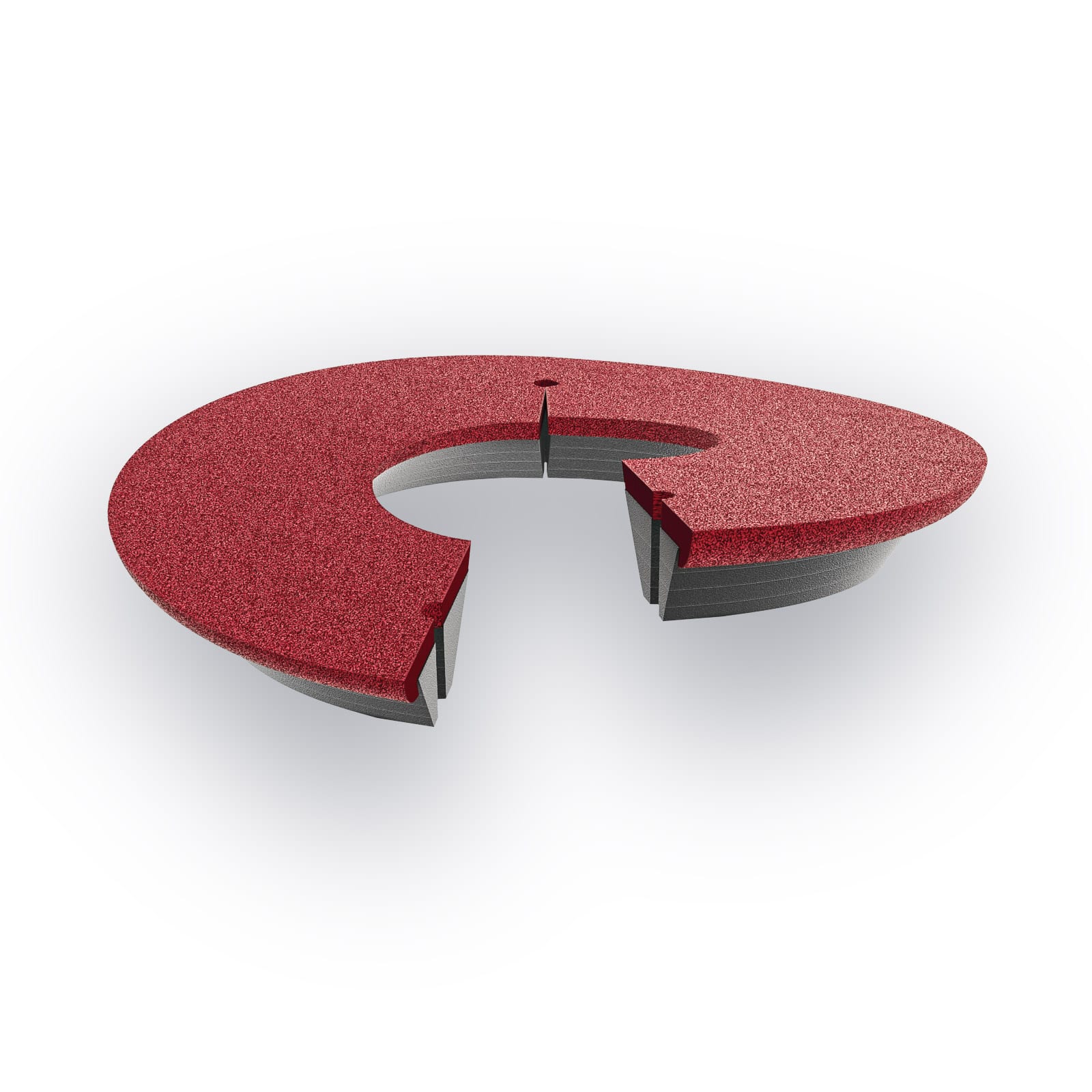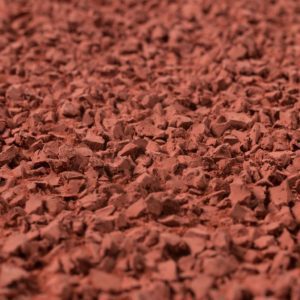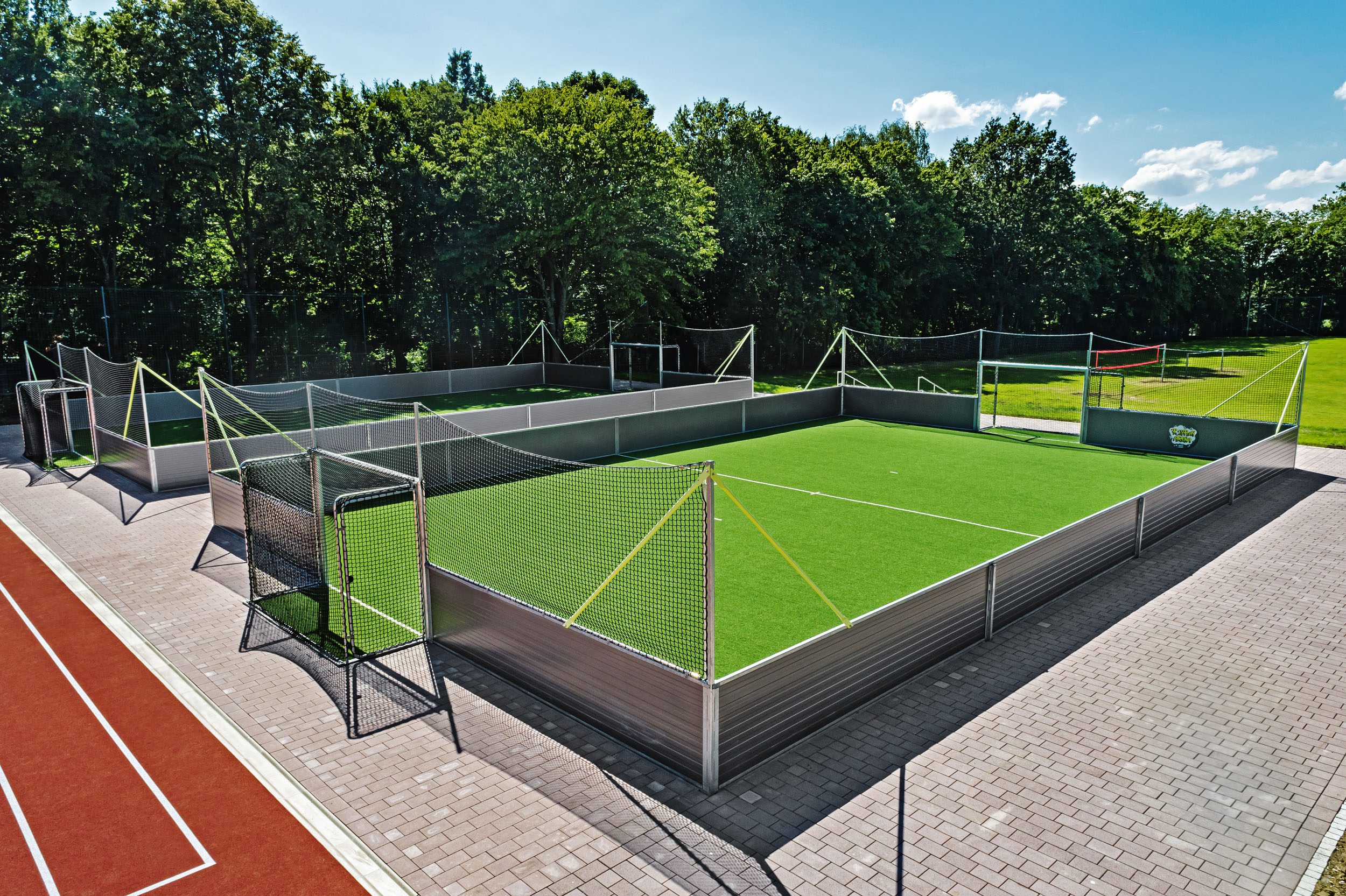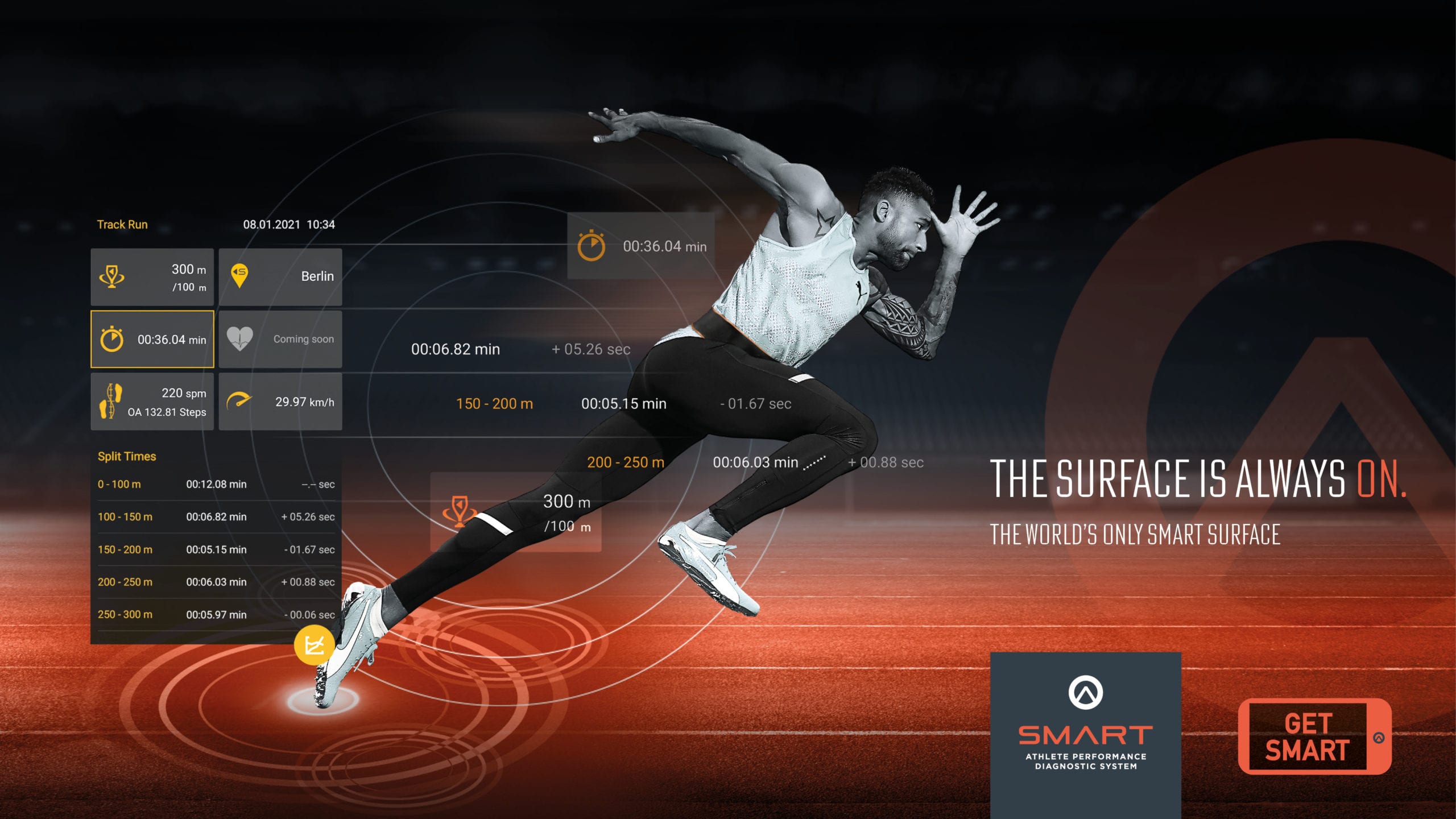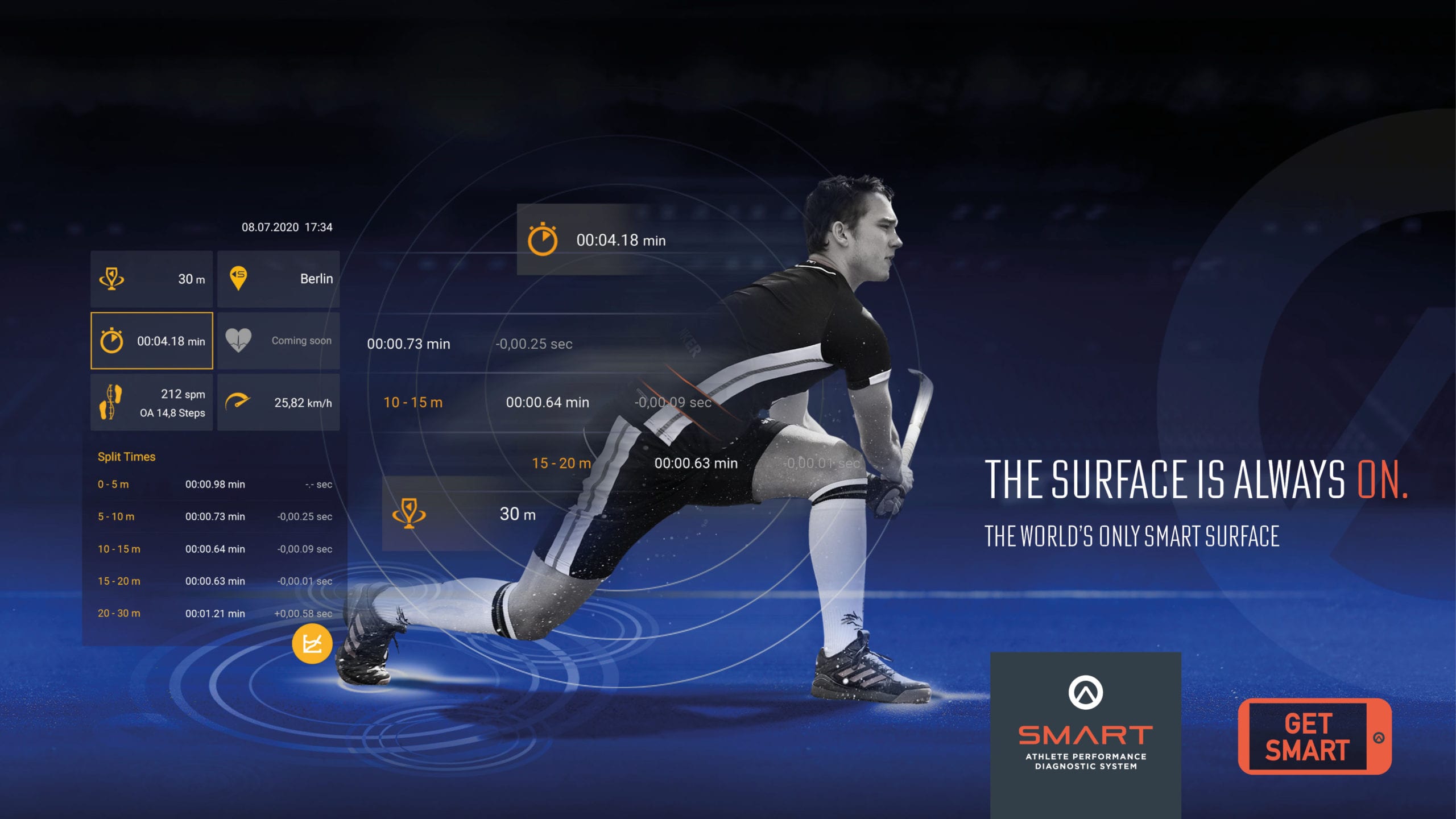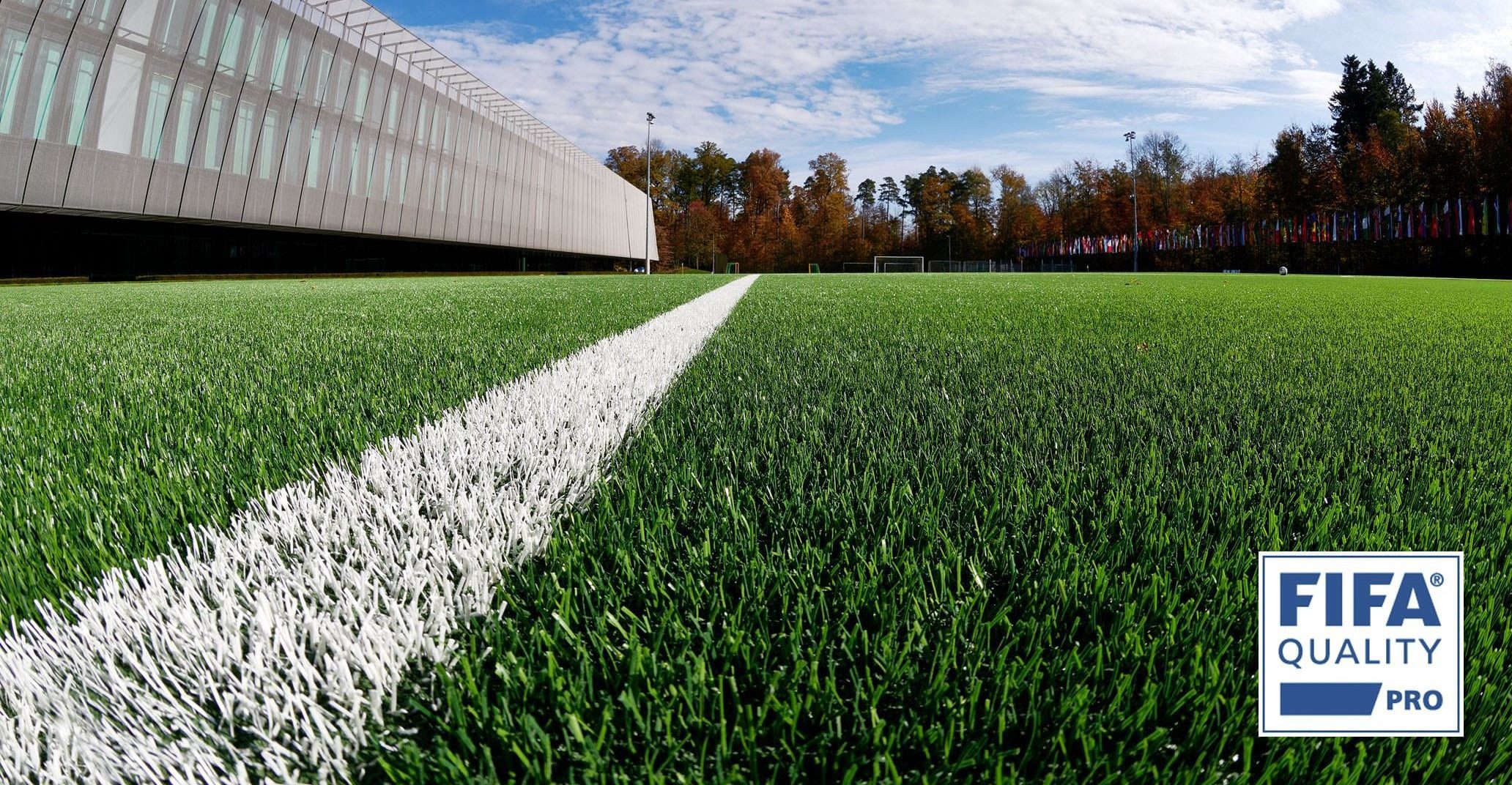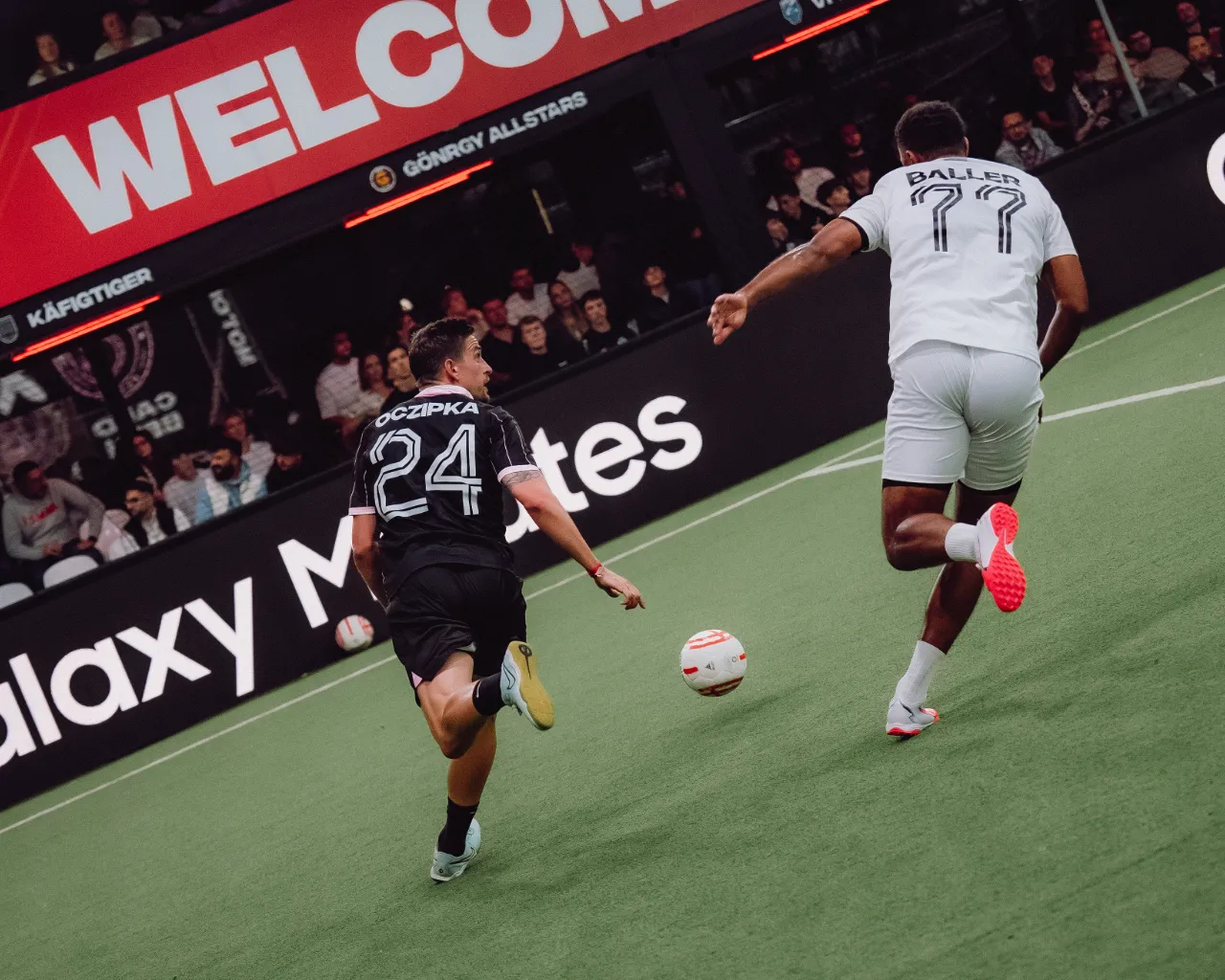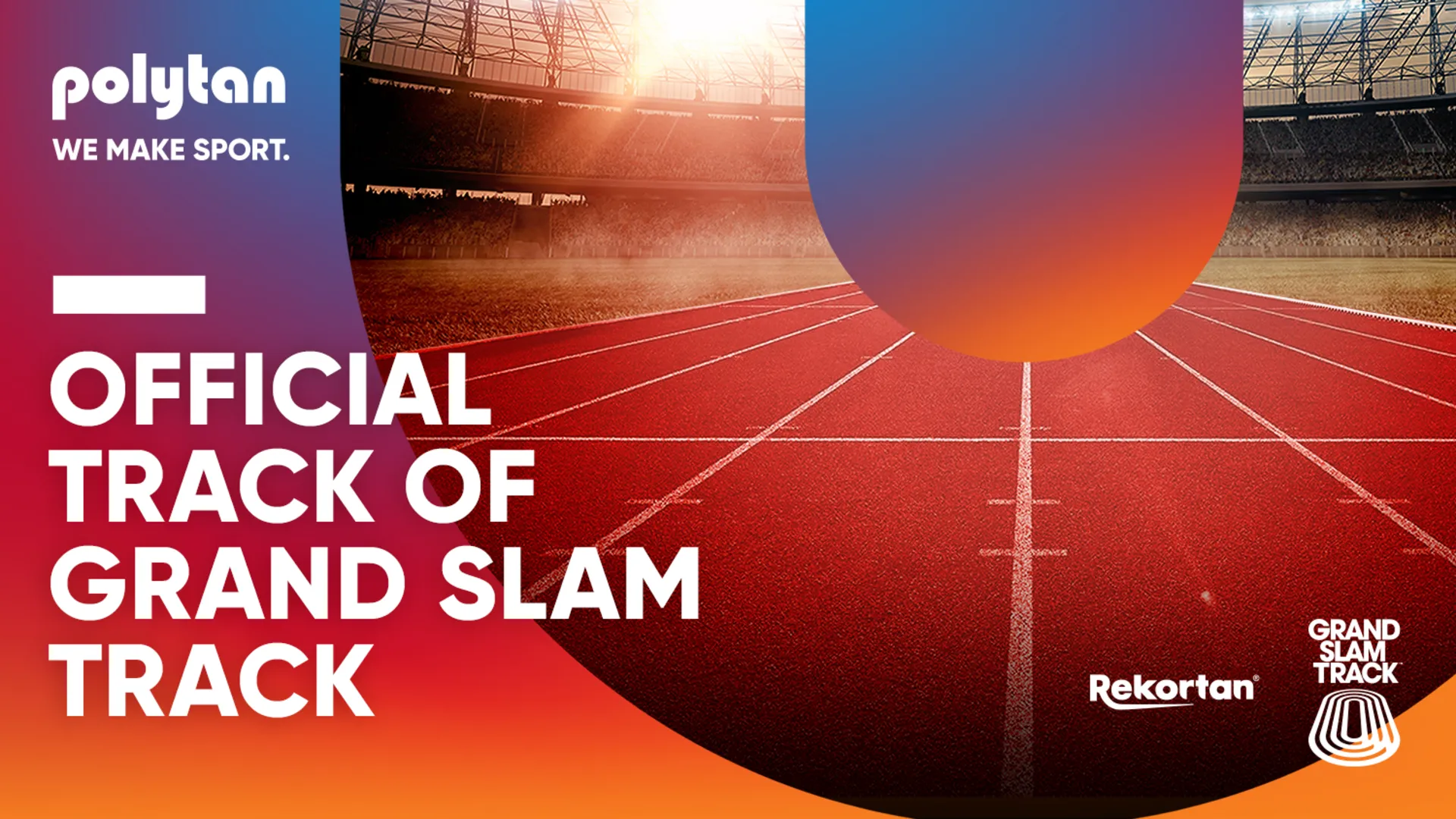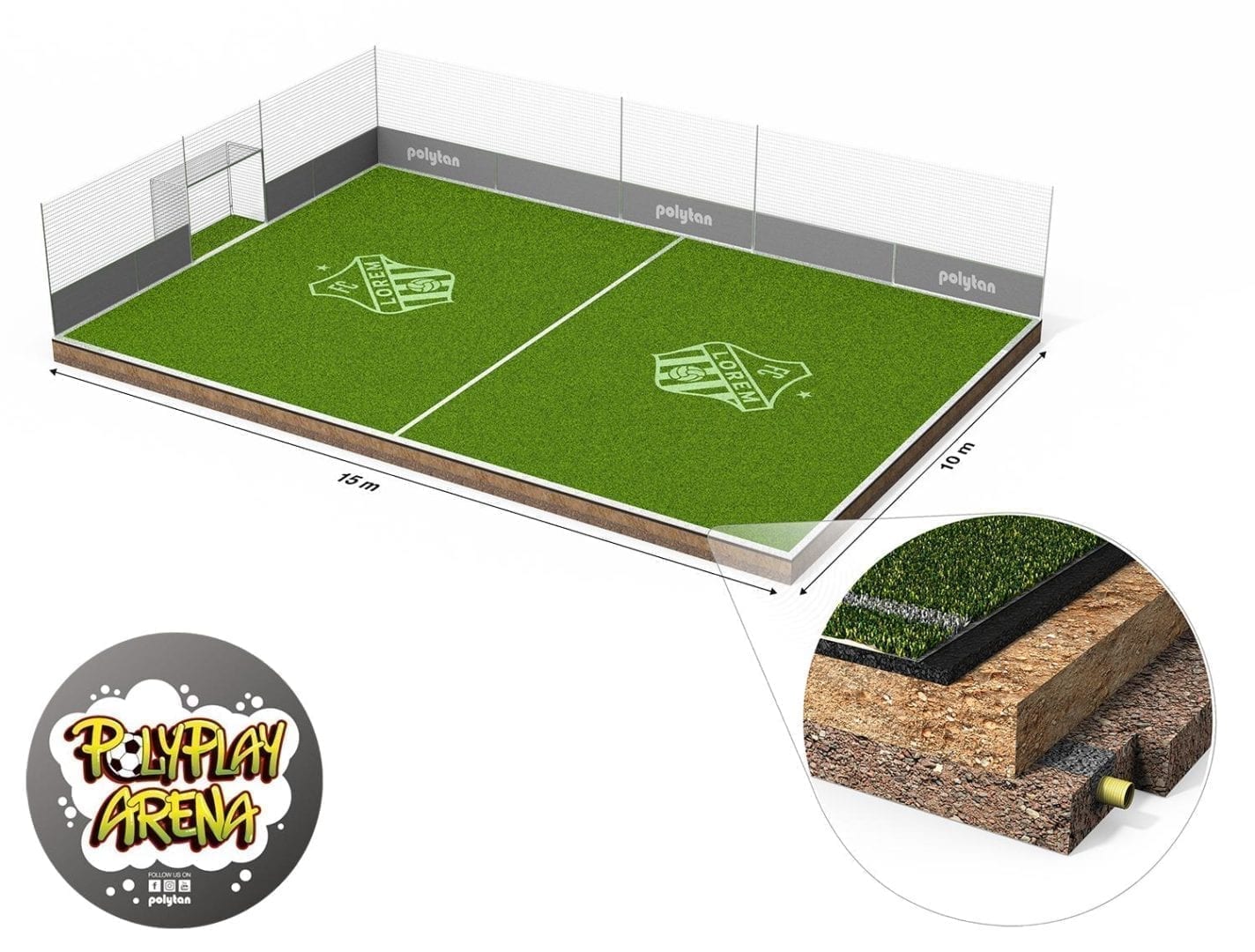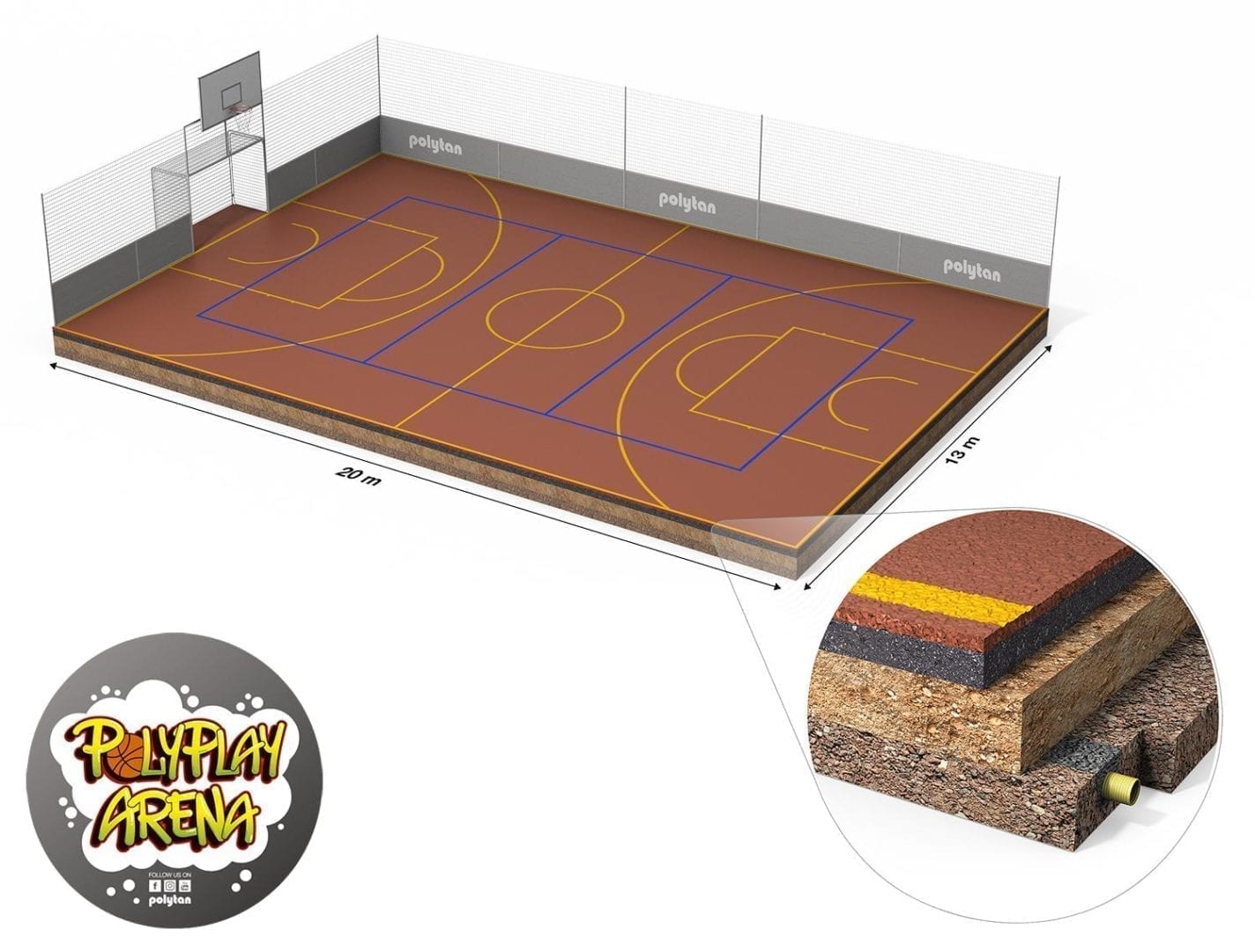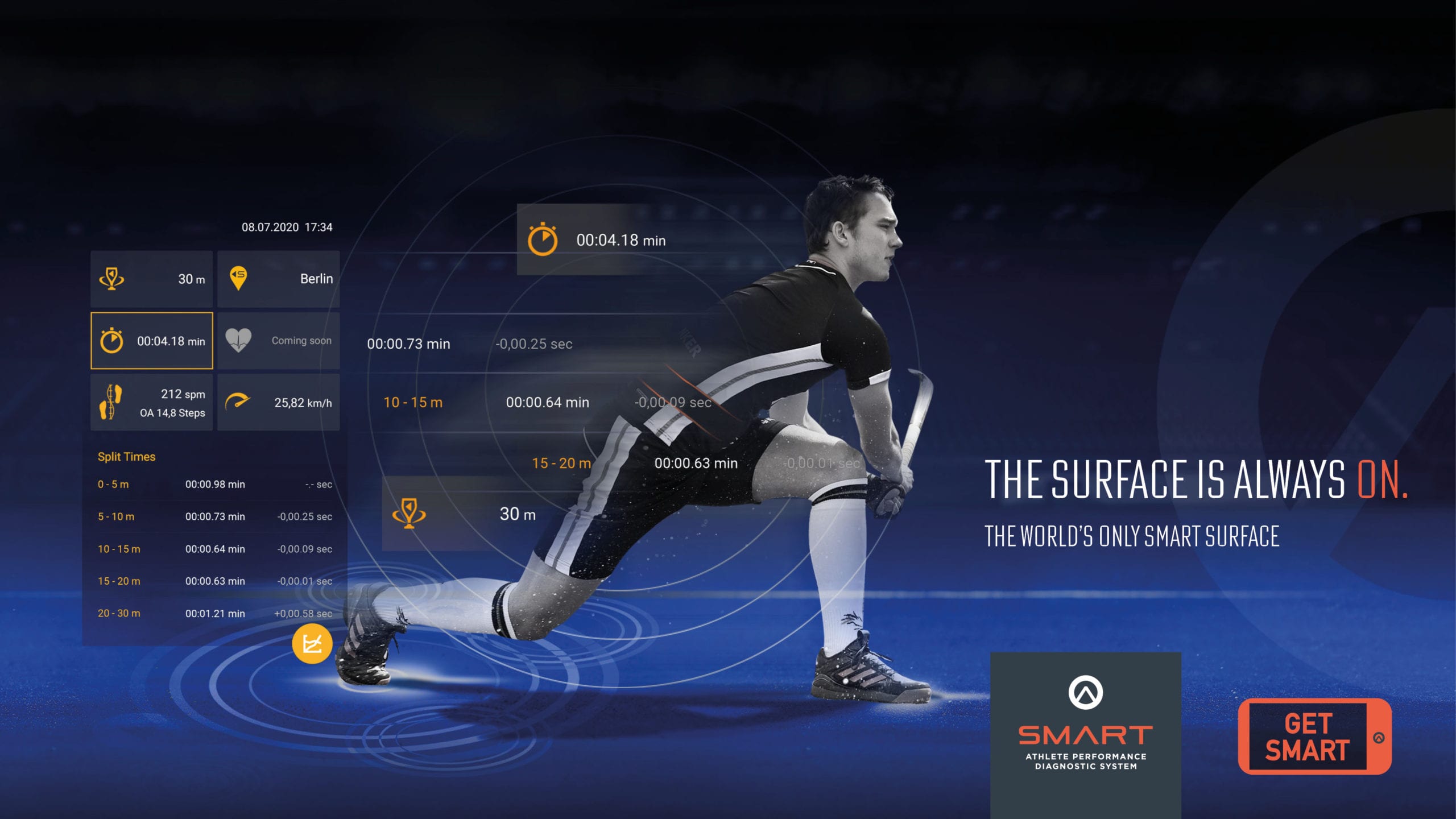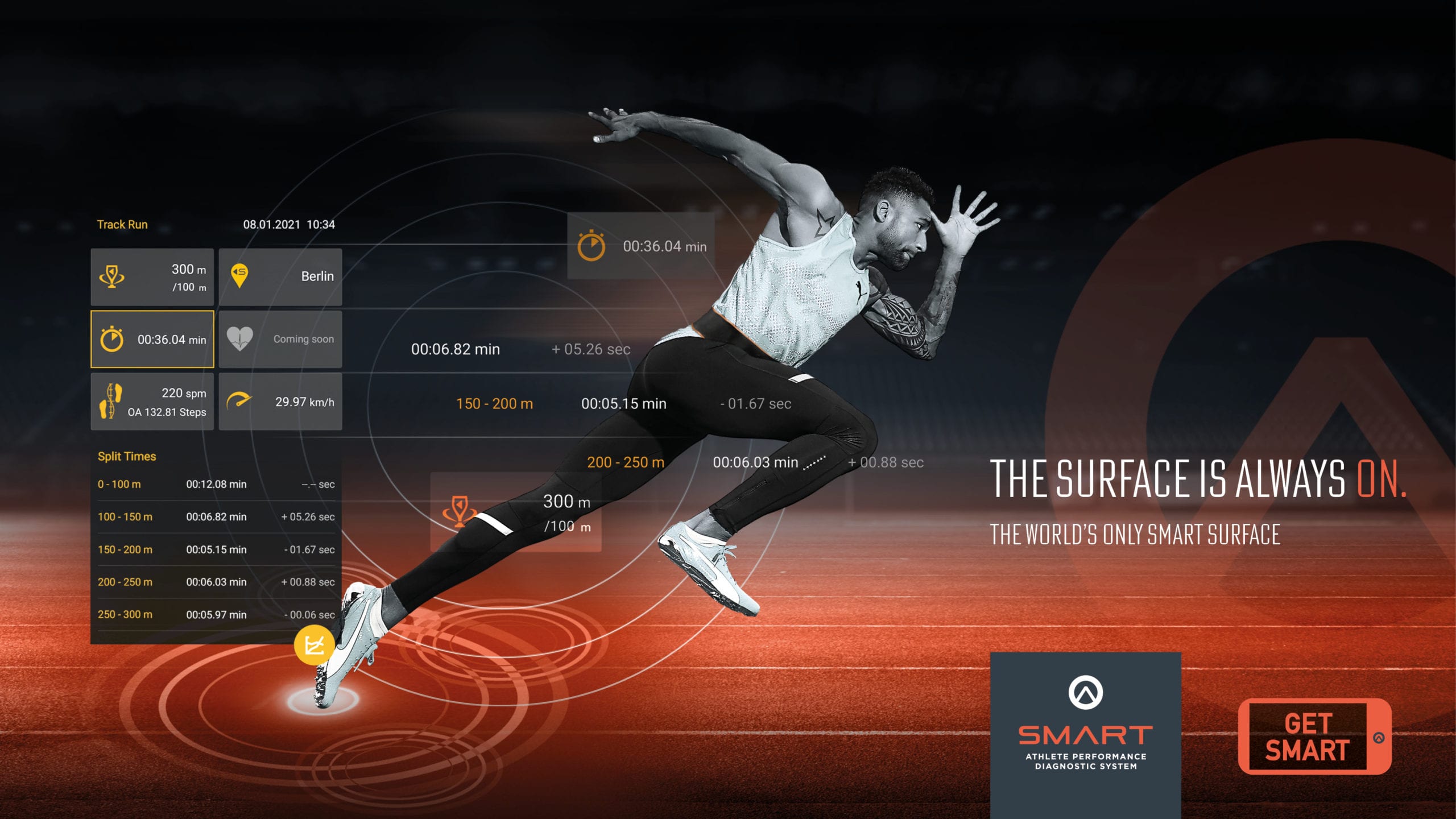Highly suitable even after many years of use
The fact that our synthetic turf is not only technically up to date but also complies with current FIFA requirements is demonstrated once again by two successful recertifications. One such example is in Munich: Since 2017, FC Bayern München’s future talent and women’s teams have been training at the FC Bayern Campus on Ingolstädter Straße. The top-class football academy is located within striking distance of the Allianz Arena. At the time, Polytan installed around 22,000 square metres of synthetic turf and other synthetic surfaces in the outdoor area. Two large pitches, two mini-pitches and the fitness, technical and coordination area were fitted with our synthetic turf – 20,000 square metres of which were covered with our premium synthetic turf system LigaTurf RS Pro II CoolPlus.
In the meantime, the pitches have recently been recertified by FIFA for the sixth time, once again confirming the high suitability of Polytan’s surfaces even after many years of use. The Home of FIFA in Zurich has also been successfully recertified for the fifth time. There, in addition to two small pitches, we had also equipped a large pitch with Polytan LigaTurf RS Pro II in 2017.
What do these recertifications mean?
These FIFA Quality Programmes are the most important certifications for synthetic turf. The strict testing procedure consists of two phases, which must be carried out by independent, FIFA-accredited testing institutes. As part of a laboratory test, the synthetic turf is primarily tested for its suitability for football and other quality criteria before installation. The field test takes place on the fully installed and ready-to-play pitch and is the sole basis for certification. Passing the test guarantees that the synthetic football pitch meets FIFA’s high requirements in terms of playing characteristics, safety and quality. This label may also be used for top-flight competitions, such as the FIFA World Cup and UEFA Champions League/UEFA Europe League.
The focus of both test phases highlight:
- The interaction between player and playing surface
- The interaction between ball and playing surface
- The product composition
- The product’s resistance to weathering and
- The product’s service life.
The completed installation is then awarded the “FIFA QUALITY” or “FIFA QUALITY PRO” quality label – for amateur and recreational football and for professional football respectively.
2015 marked a significant turning point in the development of synthetic turf since FIFA once again tightened its criteria for systems and products. The stricter requirements set out in the FIFA Manual relate in particular to the requirements for FIFA Quality Pro certifications for football pitches used at a professional level. This takes into account the demands of professional clubs and players in the top leagues.
But as always, Polytan showed itself to be well positioned and up-to-date since we manufactured the first synthetic turf pitch to bear a FIFA Quality Pro seal of approval in line with the new standards: In 2016, we installed the LigaTurf RS Pro II CoolPlus premium football turf system and a sustainable elastic layer in the Aminess Football Center in the Croatian coastal town of Novigrad. The certification carried out in early February 2017 as per the new FIFA criteria confirmed that the playing surface meets the highest standards in terms of playing characteristics, safety, durability and construction.
Certifications confirm the benefits of synthetic turf
With the FIFA Quality Pro certificate, the world football association is ultimately confirming the high quality of our synthetic turf, which was also used in Zurich and Munich. We are particularly proud of our latest recertification, since it once again confirms the high suitability of Polytan’s surfaces even after many years of use. We see this as proving the key points of our argument that today’s modern football benefits greatly from synthetic turf. Due to its weather resistance and robustness, this product offers the best alternative to natural grass. Economic arguments also come into play: Many municipalities, clubs and professional clubs use synthetic turf pitches because they have neither the space nor the funds to build and maintain natural grass pitches.
In addition, ecology and sustainability are aspects that are becoming more and more important when deciding on surfaces and funding.
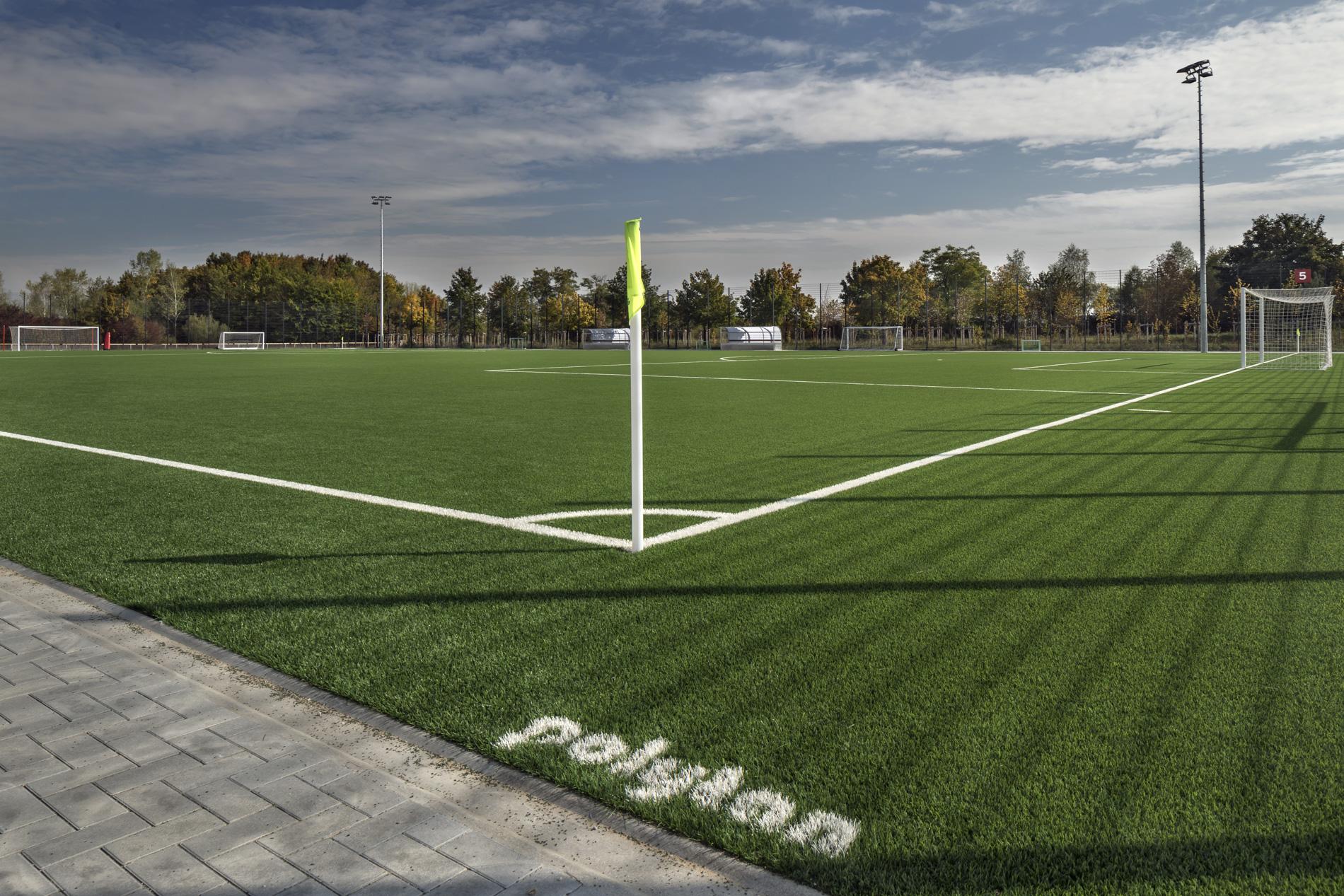
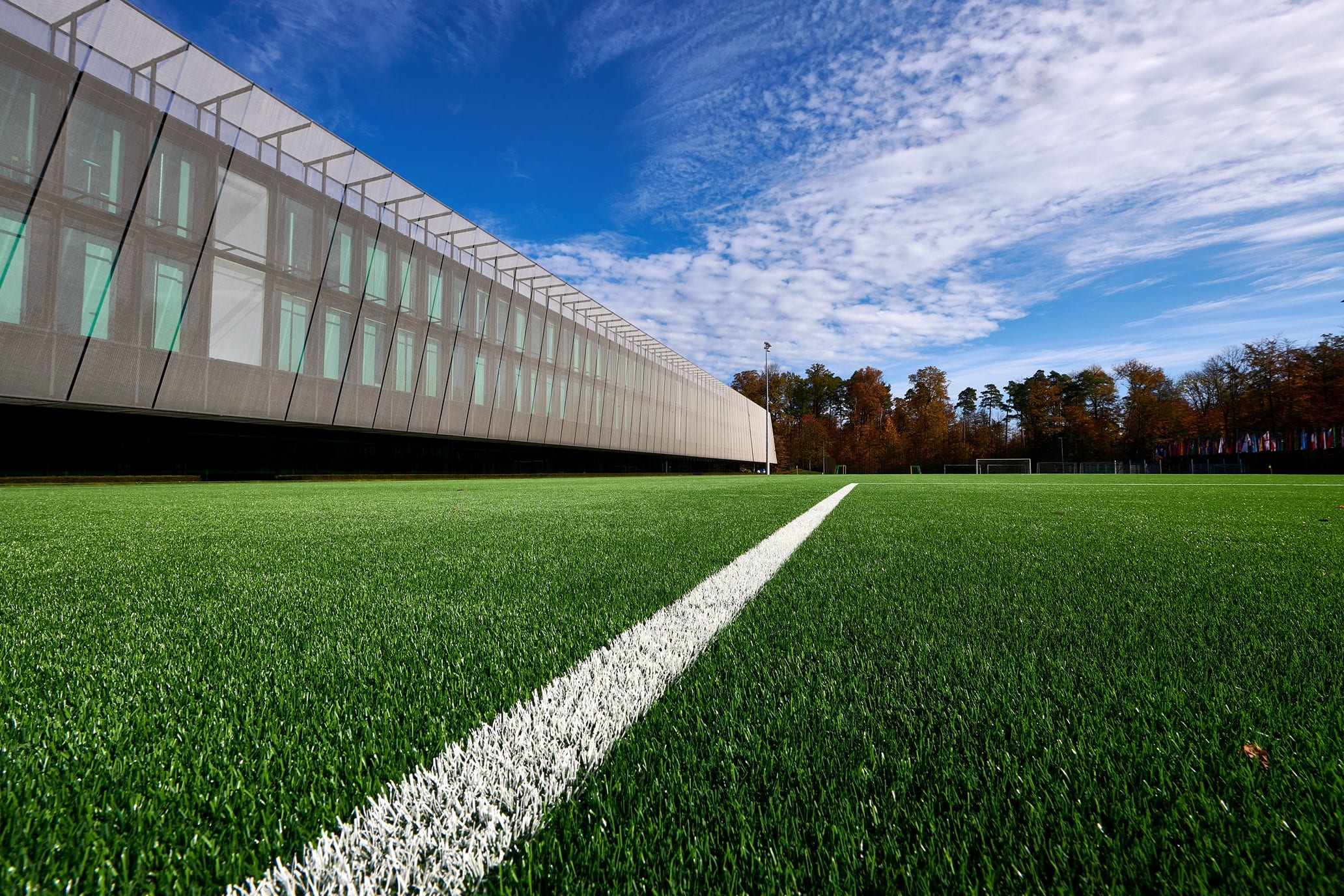
Die future of synthetic turf: ecological, sustainable, recyclable
We support and accelerate this process through state-of-the-art technology: eco-based plastics have also found their way into our synthetic turf systems – with LigaTurf Cross GT zero, for example, we launched the world’s first carbon-neutral synthetic turf for football over five years ago. Moreover, synthetic turf systems can be supplemented with recycled materials. Thanks to our LigaTurf Cross GTR, we are already able to offer a surface that integrates recycled plastic and thus returns it to the plastic cycle. By founding its new sister company, FormaTurf, the Polytan Sport Group is incorporating another building block as part of its sustainability strategy: by working together, the new company will enable old synthetic turf surfaces to be fully recycled in future. The turf carpet and the infill will then be processed into new plastic products, such as edging stones, lawn grids or modular flex bricks, which can also be used in sports field construction.
